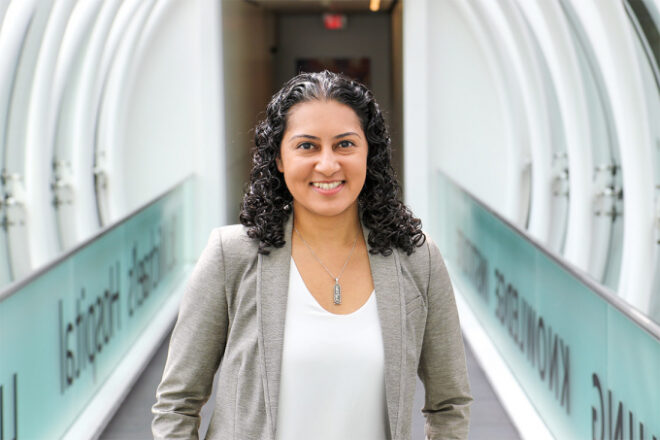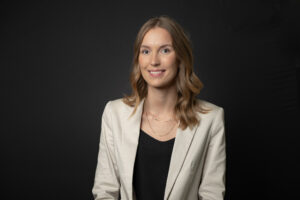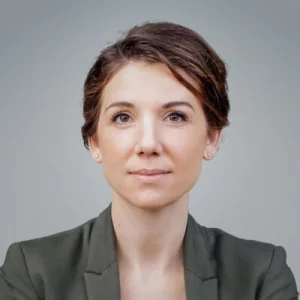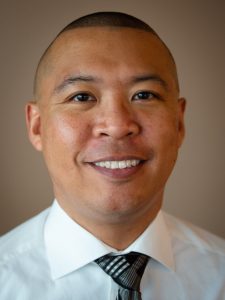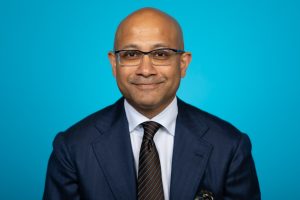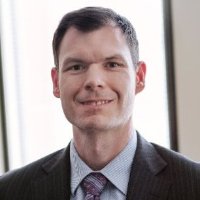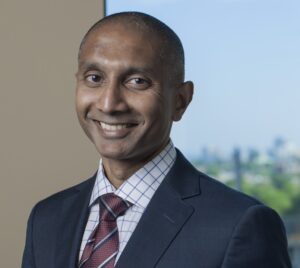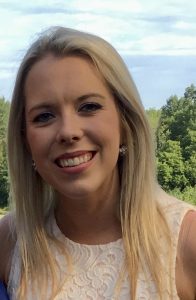I gained a solid methodological foundation for clinical research and the early feedback I received on projects and manuscripts helped me to anticipate roadblocks in subsequent work. Overall, the set of skills I acquired through this program has taught me how to use research to address important questions, how to design successful and meaningful projects, and has allowed me to be competitive for research funding.
Fahima Dossa joined the IHPME Clinical Epidemiology and Health Care Research (CEHCR) program shortly after beginning residency training in general surgery at the University of Toronto. The Surgeon Scientist Training Program affords surgical residents dedicated time away from clinical work to pursue a graduate degree—an opportunity Dossa couldn’t pass up.
Dossa shares that CEHCR prepares students to construct well-designed and topical research studies relevant to clinical practice. In particular, course offerings provide in-depth education on the tools, theories, and methods of clinical and health research.
“I gained a solid methodological foundation for clinical research and the early feedback I received on projects and manuscripts helped me to anticipate roadblocks in subsequent work, ” says Dossa. “Overall, the set of skills I acquired through this program has taught me how to use research to address important questions, how to design successful and meaningful projects, and has allowed me to be competitive for research funding.”
Dossa also highlights the importance of making connections with faculty and peers.
“The faculty are invested in teaching and available and excited to discuss research ideas outside of classes,” says Dossa. “I had the opportunity to learn from peers from a range of clinical backgrounds who helped bring context and important insights to the work we were doing.”
After completing her PhD, Dossa returned to clinical training. Following her last year of residency training, Dossa will then be pursuing subspecialty fellowship training in Surgical Oncology at the Memorial Sloan Kettering Cancer Center in New York, with aspirations for a career as a surgeon scientist. For anyone interested in the Clinical Epidemiology PhD at IHPME, Dossa’s advice for students is to dive in, and dive in deeply.
“Graduate training is such a unique time in life and the experiences you have in this time will form how you think and work moving forward,” says Dossa. “For those who enter this program, seize every opportunity it provides–you won’t regret it.”
